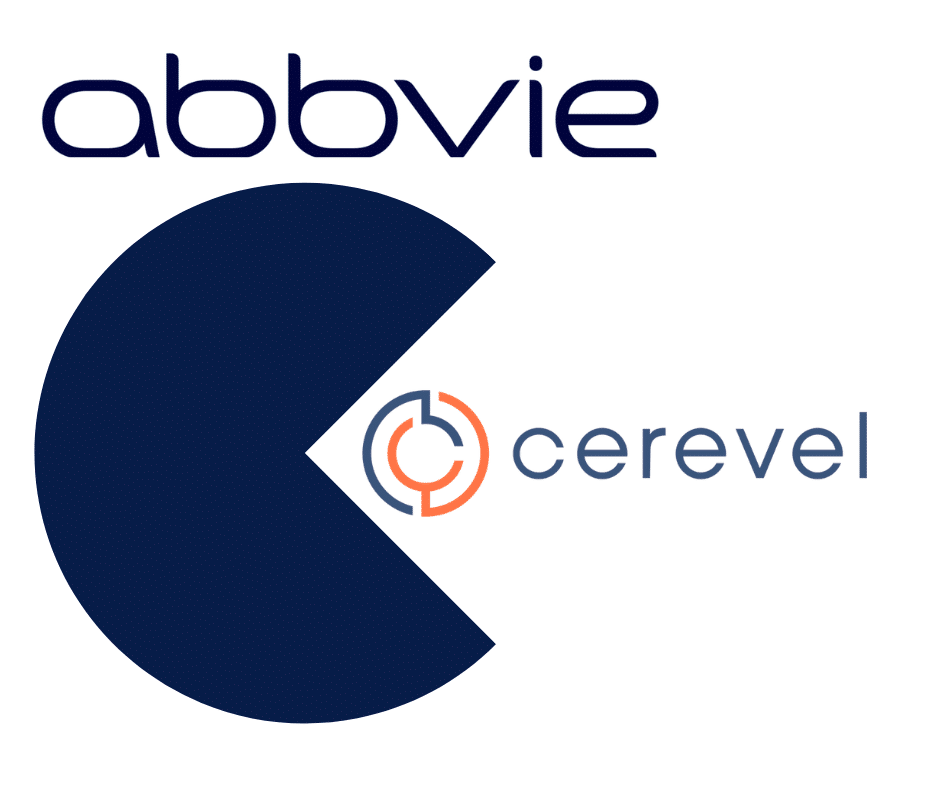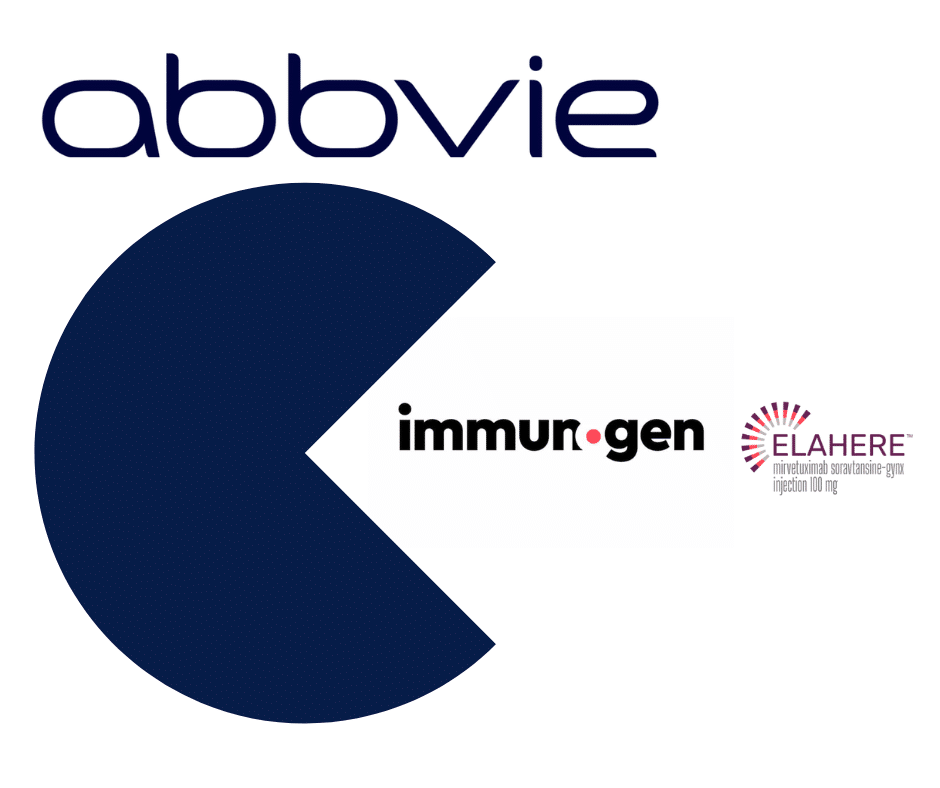Despite being discovered 65 years ago, messenger-RNA (mRNA), specifically mRNA vaccines, is making waves in the pharmaceutical industry. Pfizer/Biotech and Modernas’ COVID-19 vaccines credit their success to mRNA, causing other industry players to follow suit. Sanofi just announced it will invest $476 million dollars into the development of mRNA based vaccines.
As with any new emerging trend, your company may feel pressure to pursue mRNA-based vaccines. However, before entering any market, it is important to comprehensively understand the treatment landscape to determine if an investment in a mRNA vaccine is right for you.
What is an mRNA Vaccine?
According to the CDC, mRNA vaccines teach the body how to defend against a virus without exposing it to live virus. Instead, a mRNA vaccine deposits mRNA into our bodies. The mRNA then instructs our cells on how to make a viral protein (known as the “spike protein” in SARS-CoV-2), which triggers an immune response. That immune response produces antibodies, which remain in the body long after it has rid itself of the viral protein.
A mRNA vaccine has an advantage over a vector vaccine because it does not expose the body to the virus. The mRNA of a virus will never reach the nucleus of our cells.
Beside COVID-19, Where Can mRNA Vaccines Be Used?
In addition to COVID-19, researchers are studying mRNA for the flu, Zika, rabies, and cytomegalovirus. Additionally, in the field of oncology, researchers are exploring mRNA vaccines as a form of precision medicine. In this scenario, providers would identify the unique mutations in a patient’s cells and incorporate them into the mRNA vaccine, teaching the body how to attack its own malignant cells.
Immuno-oncology presents an interesting opportunity for industry. Cancer studies represent the 21 ongoing mRNA human trials outside of vaccines. While historically mRNA vaccines in oncology have not been successful in clinical trials, the success of mRNA SARS-Cov-2 vaccines should spur industry to make further advances in this area.
According to GlobalData, “early mRNA oncology vaccine trials proved to be unsuccessful, with a significant proportion of studies (55.5%) being withdrawn or terminated from 2009 to 2016.” However, GlobalData finds that “from 2017 onward, the proportion of terminations and withdrawals fell drastically to 10.3%.” The data highlight that mRNA vaccines in oncology are still in their infancy. Nevertheless, mRNA technology is proving revolutionary in infectious disease.
What Are the Benefits/Rewards of a mRNA Vaccine?
In contrast to the typical 12-18 months to develop and test a typical vaccine, a mRNA vaccine, as the COVID-19 pandemic exemplified, can be brought to market much faster. Researchers benefit from easily being able to produce synthetic mRNA. With typical vaccines, you have to grow a protein or virus in a large factory.
For example in the case of influenza, the virus is cultivated in fertilized chicken eggs sourced from specialized sterile laying facilities. A long production process prevents a company from taking advantage of time to market. With mRNA, Pfizer/BioNTech and Moderna were able to develop their vaccine candidates within days of China’s releasing of the virus’s genomic sequencing.
The ability to keep up with variants is another benefit of a mRNA vaccine. As of right now, the scientific community fears the new Delta COVID-19 variant. For Pfizer, their scientists simply need to modify the mRNA sequence of their vaccine candidate to fit the new variant. Pfizer, demonstrating the ease of modifying its candidates mRNA sequencing, has requested Emergency Use Authorization from the FDA for its COVID-19 booster.
What Are the Costs/Risks Associated with a mRNA Vaccine?
Because it is a novel technology (Pfizer’s COVID-19 vaccine was the first ever mRNA vaccine approved by the FDA), the long-term effects of mRNA vaccines are still unknown. In terms of risks when it comes to COVID-19, mRNA vaccines have fared much better than vector. J&J made headlines this week after adding a warning label to its vaccine, stating that there was a very low risk of developing Guillain-Barré Syndrome.
In terms of production and distribution, mRNA vaccines spoil at high temperatures, so they must be kept in frigid temperatures. Pfizer’s COVID-19 vaccine must be stored temperatures between -60ºC and -80ºC. Moderna’s must be kept at -20 ºC.
Conclusion
Overall, mRNA vaccines are the future for combating infectious disease. With their expedited production capabilities and high efficacy, they present a promising opportunity for your company. In oncology, if your company is patient enough, mRNA vaccines could pay dividends down the road. However, the program is still in its infancy.
To learn more about Snowfish, please go to our website, snowfish.net or reach out at info@snowfish.net.
- Market Access: The Latest Hurdle for Treating Alzheimer’s and Dementia - June 14, 2023
- Rare Disease Outreach a Missed Opportunity - November 7, 2022
- So You Read Our Previous Post on Biomarkers? - August 1, 2022




